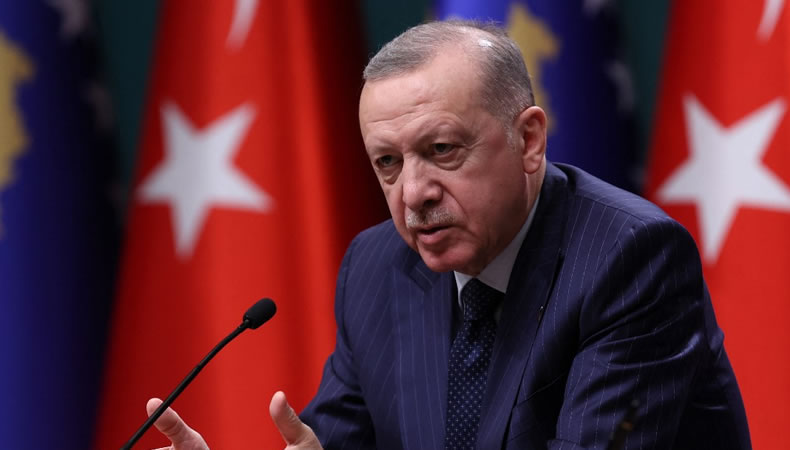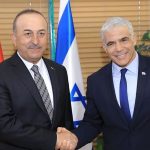Why Is Turkey Discussing Syrian Invasion Plans With Putin?


There have been earlier attempts to act as a mediator to solve the issues between Russia and Ukraine, as Turkey is said to have good relations with both sides. But this attempt has yielded only few results. It obviously does make a difference to Russia that is gradually developing a friendship of sorts with Turkey. In an attempt to use its position with Russia, Turkey has already offered a corridor for grain export from Ukraine. Russian Foreign Minister Sergei Lavrov will come to Turkey with a military delegation on June 8 to discuss the creation of this potential sea corridor for Ukrainian agricultural exports, Turkish Foreign Minister Mevlut Cavusoglu has informed in the media.
There is a lot common between them- Russia and Turkey. The history of both nations, the Turkic and Slavic world, is connected with Byzantium, and both have both Orthodox and Muslim roots, however, in different proportions. Even despite a history of more than three hundred years of Russo-Turkish wars, Russia and Turkey simultaneously remained partners in the spheres of economics and culture.
Related Posts
Maybe this is one reason that Erdogan found it easier to discuss issues with Putin and those which are sensitive to the geopolitical situation in Turkey and Syria. Erdogan discussed with Putin his military plans to attack Syria, something he had also announced in the World Economic Forum denying the entrance of Finland and Sweden into the NATO umbrella, as he accused one of the nations of having favored the PKK, that he considers as war criminals and terrorists. Speaking to Putin in a phone call, Erdogan has gone ahead and explained about the frontier zone that was agreed in 2019 but had not been implemented.








